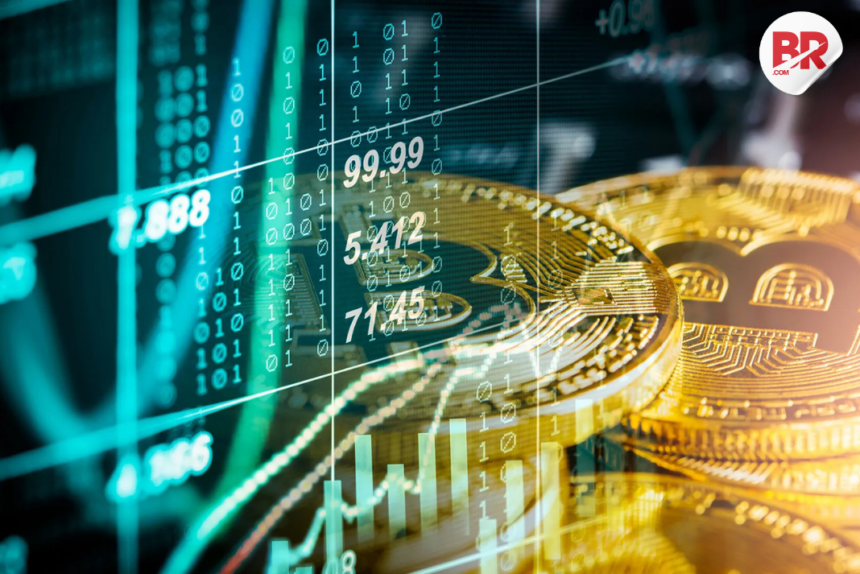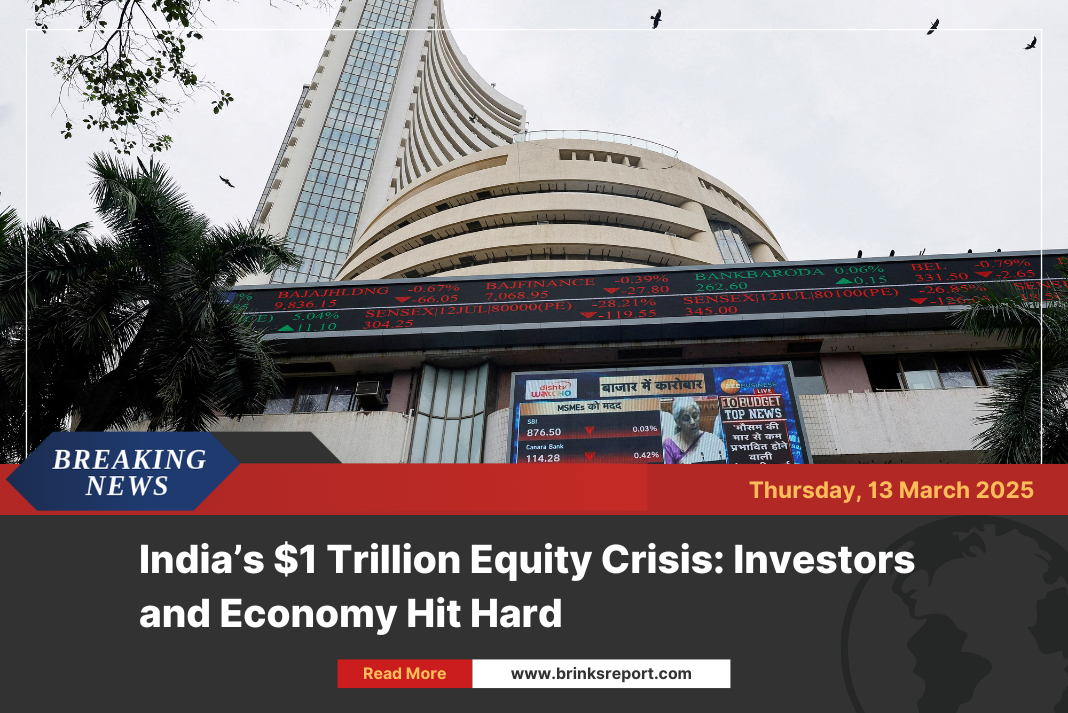
The global cryptocurrency market just crossed $3.45 trillion, growing over 28% in the last year, according to CoinGecko. But in India, crypto’s legal status is still… undecided.
Despite growing interest and investments, Indian government officials are hesitant to label cryptocurrency as legal tender. Their main worry? Dollarization—the idea that dollar-backed cryptocurrencies could weaken India’s financial sovereignty.

So, What Does This Mean for You?
If you’re one of the millions of Indians dabbling in crypto, the lack of clear rules can feel like driving without a roadmap. Taxes are real—30% on profits, plus 1% TDS on every trade—but the legal standing? Still murky.
And because most major cryptos are dollar-denominated, officials fear that wider adoption could shift parts of India’s economy away from the rupee. That could mess with how the RBI controls inflation, interest rates, and money supply.
The Government’s Crypto Dilemma
A senior government official, speaking to Moneycontrol, admitted the Centre is in no rush. Finalizing crypto rules would mean recognizing it as a financial asset—or worse, a currency. That brings us dangerously close to dollarization, he said.
Back in 2022, the RBI warned Parliament about this too. Cryptos could replace the rupee in cross-border transactions, potentially reducing the central bank’s control over the financial system. That’s a sovereignty issue, plain and simple.
RBI Governor Sanjay Malhotra reiterated just last week: no fresh developments, but yes—a government committee is working on a policy paper, expected soon.
Also Read Markets Bounce Back Big: RBI’s Jumbo Cut and US Data Bring New Life to Indian Stocks!
Meanwhile, the Rest of the World is Moving
The U.S. has already approved Bitcoin ETFs, making crypto more legit on Wall Street. The UK is pushing regulations through its Financial Conduct Authority. Even the EU has a full framework called MiCA.
India? Still looking around, clipboard in hand, trying to copy someone else’s homework.
But here’s a twist: not everyone buys the dollarization panic. Vivek Iyer from Grant Thornton Bharat argues that true dollarization would require full currency convertibility under FEMA, which India isn’t close to allowing.
Crypto Needs Global Rules, But India Needs a Spine
Experts agree we need global rules to avoid crypto becoming a money laundering loophole. But while international regulation evolves, India’s wait-and-watch strategy is starting to look more like… watch-and-wait-and-wait.
For now, crypto users in India live in limbo: taxed like traders, treated like gamblers, and governed like ghosts.
Also Read Market Recap: June 9, 2025 – Indices Rally as Banking & IT Lead Gains












